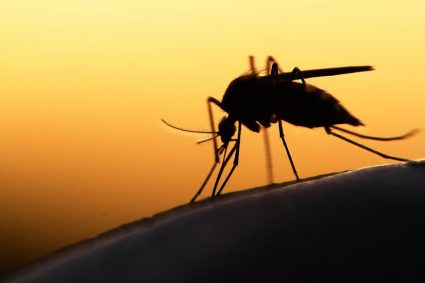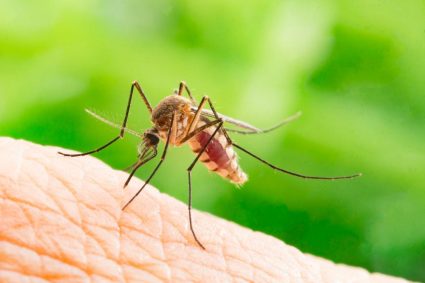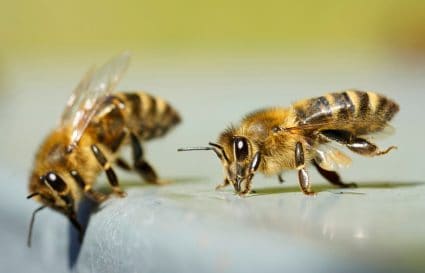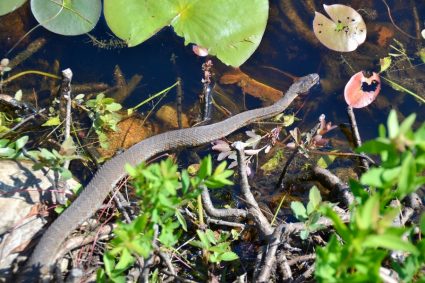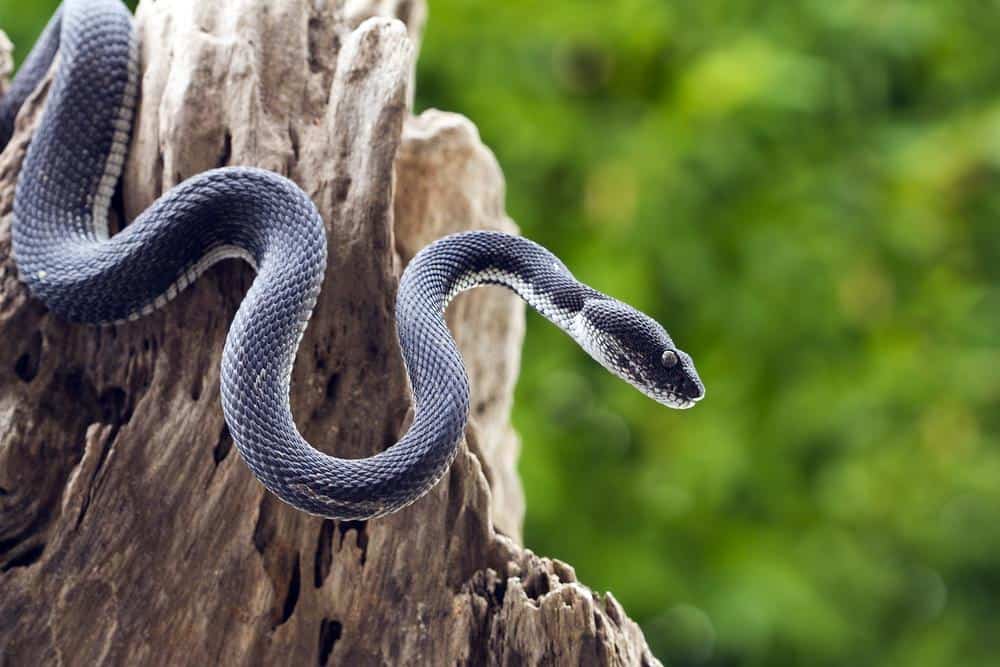
Black snake bites, while not an everyday occurrence for most people, can be a serious health concern. Understanding what a black snake bite looks like and how to respond can be life-saving knowledge. This comprehensive guide will give you the knowledge you need to identify and respond to a black snake bite.
A black snake bite typically presents as one or more puncture wounds, often accompanied by redness, swelling, bruising, and bleeding. The severity of the bite can cause varying symptoms, such as severe pain, nausea, vomiting, labored breathing, rapid heart rate, and even systemic symptoms like numbness or tingling around the face and limbs. However, the appearance and symptoms can vary greatly, making it crucial to seek immediate medical attention if a black snake bite is suspected.
Characteristics of a Black Snake Bite
A black snake bite can have varying appearances depending on the type of snake and the severity of the bite. In general, a snake bite may present with one or more puncture wounds, which can be accompanied by redness, swelling, bruising, bleeding, or blistering around the bite site. Severe pain and tenderness at the site of the bite may also be experienced.
In some cases, systemic symptoms such as nausea, vomiting, labored breathing, rapid heart rate, weak pulse, low blood pressure, disturbed vision, metallic or rubber taste in the mouth, increased salivation and sweating, numbness or tingling around the face and limbs, and muscle twitching may occur.
It is important to note that the appearance and symptoms of a black snake bite can vary, and seeking immediate medical attention is crucial for proper treatment and management.
Immediate Physical Signs of a Black Snake Bite
Immediate physical signs of a black snake bite may include:
- Puncture marks at the wound
- Redness, swelling, bruising, bleeding, or blistering around the bite
- Severe pain and tenderness at the site of the bite
- Nausea, vomiting, or diarrhea
- Labored breathing (in extreme cases, breathing may stop altogether)
- Rapid heart rate, weak pulse, low blood pressure
- Disturbed vision
- Metallic, mint, or rubber taste in the mouth
- Increased salivation and sweating
- Numbness or tingling around the face and/or limbs
- Muscle twitching
It is important to note that the severity and combination of these symptoms may vary depending on the type of black snake and the individual’s reaction to the bite. If you suspect a snake bite, seek immediate medical attention, as it could be a matter of life and death.
Distinguishing Characteristics of a Black Snake Bite
Black snake bites, specifically from the Pseudechis species, can have some distinguishing characteristics compared to other snake bites. While fang marks may be present as one or more well-defined punctures, a series of small lacerations or scratches, or no noticeable markings at all, multiple bites inflicted by a single snake are possible and should be noted if present.
In terms of symptoms, black snake bites can cause local pain, headache, nausea, vomiting, and a mild anticoagulant coagulopathy. Bites from red-bellied black snakes can be very painful, resulting in local swelling, prolonged bleeding, and even local necrosis, particularly if the bite is on a finger. Severe local reactions may require surgical debridement or even amputation. Systemic envenomation symptoms may include nausea, vomiting, headache, abdominal pain, diarrhea, or excessive sweating.
It is important to note that individual reactions to envenomation can vary, and all suspected bites should be treated as serious. In general, black snake bites can cause more intense local reactions and tissue damage compared to other snake bites.
Long-Term Effects of a Black Snake Bite
The potential long-term effects or complications of a black snake bite can vary depending on the species and the severity of the envenomation. Some possible long-term effects include:
- Local effects: Recurring pain, numbness, tingling sensation, and swelling at the site of the bite.
- Musculoskeletal complications: These can include minor amputations, although they are uncommon and not severe.
- Neurological complications: Neurotoxic venom from some black snakes can cause paralysis, double vision, droopy eyelids, and eye muscle paralysis.
- Rhabdomyolysis: Black snake venom is strongly myolytic and may cause the breakdown of muscle tissue.
- Kidney failure: Some snake venoms can cause irreversible kidney failure.
- Bleeding disorders: Venomous snake bites can lead to bleeding disorders that may result in fatal hemorrhage.
- Tissue destruction: Severe local tissue destruction can cause permanent disability and limb amputation.
It is important to note that most snakebite patients are not followed up once they are discharged from the hospital, and the acute effects have resolved. Therefore, the long-term effects of snake envenoming might not be well documented in all cases. However, prompt medical attention and appropriate treatment can help minimize the long-term effects of a snakebite.
How to Respond to a Black Snake Bite
If someone is bitten by a black snake, it is crucial to take immediate action, as black snakes (Pseudechis species) are venomous and can cause severe health issues or even death if left untreated. Follow these steps:
- Ensure safety: Make sure the snake is safely contained and out of danger of inflicting any additional bites.
- Call for help: Dial emergency services (911 or your local emergency number) immediately.
- Keep calm and still: Help the person remain calm and as still as possible to prevent venom from spreading.
- Position the person: Have the person lie down with the bite below the heart level.
- Remove constricting items: Take off any jewelry, watches, or tight-fitting clothing from the affected area before swelling starts.
- Clean the bite: Gently wash the bite with soap and water.
- Apply a dressing: Cover the bite with a clean, dry dressing.
- Monitor symptoms: Mark the leading edge of tenderness/swelling on the skin and write the time alongside it.
Do NOT do the following:
- Attempt to suck out venom.
- Apply a tourniquet, ice, or water.
- Give the person alcohol, caffeinated drinks, or any other medications.
- Cut the bite wound.
It is essential to seek medical attention as soon as possible, even if the bite does not seem painful initially. Proper identification of the snake can help with treatment, but it is not always possible to do so.
Prevention Measures
To avoid being bitten by a black snake or any other snake, you can take several prevention measures:
- Be aware of the snake species in the area you are visiting or living in.
- Stick to well-used trails when hiking and avoid tall grass, weeds, and heavy underbrush where snakes may hide during the day.
- Wear appropriate protective clothing, such as loose, long pants, high, thick leather or rubber boots, and leather gloves when handling brush and debris.
- Never touch or handle a snake, even if you think it is dead or nonvenomous, as recently killed snakes may still bite by reflex.
- Use a flashlight when walking at night to avoid surprise encounters with snakes.
- If you hear a snake’s warning rattle or see a snake, move away from the area calmly and do not make sudden or threatening movements.
- Educate children about the risks of interacting with snakes and teach them to avoid approaching or touching them.
- If you own a snake as a pet, use a snake hook to handle it and be extra cautious during feeding time.
By following these precautions, you can significantly reduce the risk of being bitten by a black snake or any other snake species.
Remember, when it comes to snake bites, the best course of action is prevention. However, if a bite does occur, quick and appropriate action can save lives.
Frequently Asked Questions
What are some common types of black snakes?
Some common types of black snakes include the Black Rat Snake, Black Racer, Black Mamba, and the Red-bellied Black Snake. It’s important to note that not all black snakes are venomous, but some can be very dangerous.
How long does it take for symptoms of a black snake bite to appear?
Symptoms of a black snake bite can appear immediately or may take several hours to develop, depending on the type of snake and the amount of venom injected. Some symptoms, like swelling and pain, occur almost immediately, while systemic symptoms may take longer to appear.
What is the treatment for a black snake bite?
The treatment for a black snake bite involves immediate medical attention. Antivenom may be administered if the snake is known to be venomous. Other treatments may include pain relief, wound care, and treatment of any complications that arise, such as kidney failure or breathing issues.
Are all black snakes venomous?
No, not all black snakes are venomous. However, it’s important to treat all snake bites as if they are venomous until proven otherwise, as it can be difficult to correctly identify a snake in the heat of the moment.
Can you die from a black snake bite?
Yes, it is possible to die from a black snake bite, particularly if the snake is venomous and the bite is not treated promptly. However, with immediate medical attention and treatment, the chances of survival are significantly increased.




